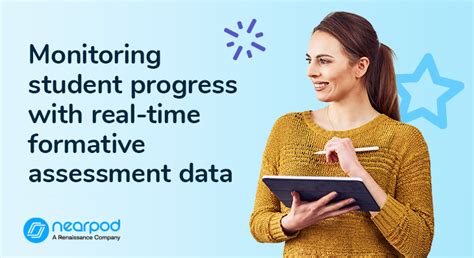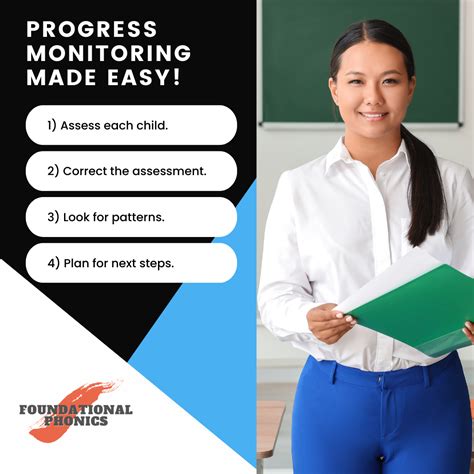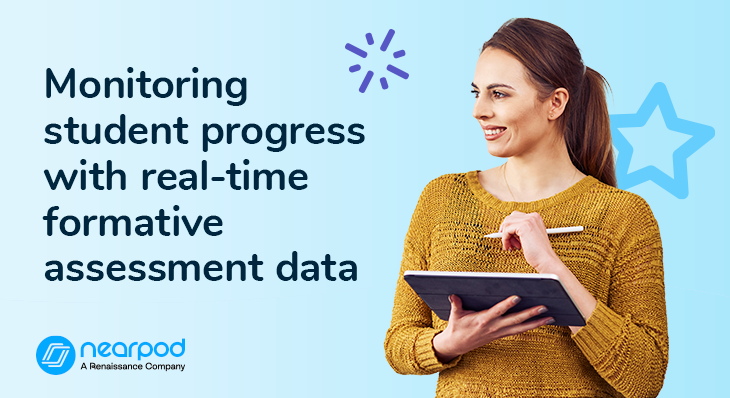Formative assessment plays a pivotal role in modern education by providing ongoing feedback that enhances student learning and development. Unlike summative assessments, which evaluate cumulative knowledge at the end of an instructional period, formative assessments are conducted throughout the learning process. This continuous feedback loop helps educators identify areas where students may need additional support and adjust their teaching strategies accordingly. In this article, we will delve into the definition and importance of formative assessment, explore expert insights on its benefits and challenges, and discuss effective techniques and real-world examples. Additionally, we will look ahead to future trends and innovations shaping formative assessment practices.
Explore this topic with electrapk.com in great detail.
1. Introduction to Formative Assessment: Definition and Importance
Formative assessment is a crucial component of the educational process, designed to monitor and enhance student learning in real-time. Unlike summative assessments, which evaluate student performance at the end of an instructional period, formative assessments occur during the learning journey. They provide ongoing feedback that helps both teachers and students identify strengths, address weaknesses, and make necessary adjustments to improve understanding and skills.
The primary aim of formative assessment is to support learning by offering immediate insights into students’ grasp of the material. This allows educators to tailor their teaching strategies to better meet individual needs and foster a more effective learning environment. For students, formative assessments can clarify concepts, guide study habits, and boost confidence as they receive constructive feedback on their progress. Overall, formative assessment is invaluable for promoting continuous improvement, enhancing student engagement, and ensuring that educational goals are met. By integrating formative assessments into the learning process, educators can create a dynamic and responsive educational experience that drives student success.

2. Expert’s Perspective: Key Benefits and Challenges of Formative Assessment
Experts highlight several key benefits of formative assessment that significantly impact student learning. One major advantage is its ability to provide real-time feedback, allowing teachers to adjust instruction based on students’ needs and misunderstandings. This ongoing dialogue between teacher and student helps address learning gaps promptly, fostering a more tailored and effective educational experience. Formative assessment also promotes student engagement by involving them actively in their learning process and making them more aware of their progress.
However, there are challenges associated with implementing formative assessments. One common issue is the time required to design and administer effective assessments and provide meaningful feedback. Teachers may struggle with balancing formative assessments with other instructional demands. Additionally, ensuring that feedback is constructive and actionable can be difficult, especially in large classes. Despite these challenges, experts agree that the benefits of formative assessment—such as enhanced student learning and adaptive teaching strategies—far outweigh the drawbacks. Addressing these challenges through thoughtful planning and resource allocation can maximize the effectiveness of for

3. Effective Techniques and Strategies for Implementing Formative Assessment
Implementing formative assessment effectively involves several techniques and strategies designed to maximize its impact on student learning. One key approach is the use of frequent, low-stakes quizzes and polls to gauge student understanding and adjust instruction accordingly. These assessments provide immediate feedback and help identify areas where students may need additional support.
Another effective technique is incorporating self-assessment and peer-assessment activities, where students evaluate their own or each other’s work. This not only encourages reflective learning but also helps students develop critical thinking and evaluative skills. Teachers can also use exit tickets, where students briefly summarize what they’ve learned at the end of a lesson, to quickly assess comprehension and plan future instruction.
Regularly integrating formative assessments into classroom activities ensures that feedback is timely and relevant. Additionally, providing actionable feedback that focuses on specific areas for improvement helps students understand their progress and how to enhance their learning. By adopting these strategies, educators can create a more responsive and supportive learning environment that fosters continuous student growth and development.

4. Real-World Examples and Case Studies of Successful Formative Assessment
Real-world examples and case studies demonstrate the effectiveness of formative assessment in various educational settings. In one notable instance, a middle school teacher implemented frequent exit tickets at the end of each lesson. This approach allowed her to quickly assess students’ understanding of the day’s material and adjust her teaching strategies accordingly. As a result, students showed significant improvements in their grasp of key concepts and overall performance.
Another successful example comes from a high school math class where peer-assessment was introduced. Students were paired to review each other’s problem sets and provide constructive feedback. This technique not only helped students learn from their peers but also deepened their own understanding of the material through critical evaluation. The teacher observed enhanced student engagement and better retention of mathematical concepts.
In a third example, a university professor used online quizzes and interactive polls during lectures to gather real-time feedback. This allowed the professor to address misunderstandings immediately and tailor the lesson to students’ needs, leading to improved learning outcomes and greater student satisfaction. These cases illustrate the practical benefits of formative assessment in enhancing educational effectiveness and student success.
5. Future Trends and Innovations in Formative Assessment Practices
The future of formative assessment is poised to be shaped by emerging trends and innovations that leverage technology and data analytics. One notable trend is the integration of digital tools and platforms that provide real-time feedback and track student progress more efficiently. Learning management systems and educational apps are increasingly incorporating formative assessment features, allowing for immediate and detailed insights into student performance.
Additionally, the use of artificial intelligence and machine learning is expected to enhance formative assessment practices by analyzing large sets of data to identify learning patterns and predict areas where students might struggle. This can enable more personalized and adaptive learning experiences.
Gamification is another promising innovation, as it incorporates game-like elements into formative assessments to increase engagement and motivation. By integrating these advanced technologies and methodologies, educators can create more dynamic, responsive, and effective formative assessment practices that better support student learning and achievement.
Formative assessment is a powerful tool in the educational landscape, offering critical insights that drive student success and enhance teaching practices. By providing timely feedback, engaging students in their learning process, and adapting instruction to meet individual needs, formative assessments foster a more effective and responsive educational environment. While challenges exist, the benefits of formative assessment, supported by innovative techniques and emerging technologies, are clear. As educators continue to embrace and refine these practices, formative assessment will remain a vital component in promoting continuous improvement and achieving educational excellence.
electrapk.com
